With today marking the 38th anniversary of ‘the night Australian TV lost its virginity’ and the release of the third DVD of Number 96, here’s a brief look at how the Americans adapted Australia’s hit show of the ‘70s for their own market.
Envious of the success of super soap Dallas on rival network CBS, America’s NBC approached Network Ten early in 1980 to enter into discussions over acquiring the rights to produce its own version of Number 96. The deal also needed the approval of Bill Harmon, co-producer of the original Number 96, as his company Cash-Harmon Productions jointly owned the rights with Network Ten. Harmon flew to the US to help complete the deal with NBC in mid-1980.
NBC debuted its own Number 96 on 10 December 1980, following an advertising blitz that saw the show launched during “96 Week”, with the series debuting over three nights before settling into a weekly Friday night timeslot. Leading storylines in the opening episodes included no less than five seductions, a robbery, a fight, a blackout and an earthquake.
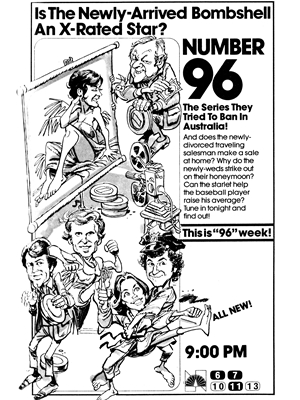
But NBC, with America’s strict censorship laws, could not dare to bare as much flesh or uncover such saucy storylines as its Australian original. So the series that saw Australian television ‘lose its virginity’ was a lot more subdued in the US, although it did try to stretch the boundaries with regards to casual discussion of sex, but instead put the emphasis on comedy rather than titillation.
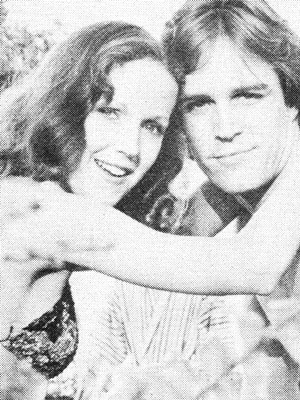
and Howard McGillin
It also seems that the American producers, while envying the show’s earlier success in Australia, weren’t too impressed with the Australian original. “All we have taken from their series is the title. We got the basic idea from them. We’re not enchanted with the Australian version. We felt it was badly written and badly acted. Their show had broad jokes like we did here 15 years ago. They had very heavy characters. What sold their show was full-frontal nudity,” producer Bob Ellison told TV Week at the time of the US series’ launch.
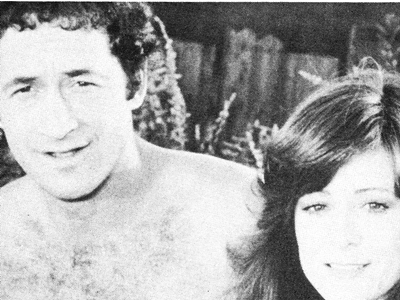
and Rosina Widdowson-Reynolds
The US adaptation was set in an apartment block at 96 Pacific Way, West Hollywood, and included a cast of around 18 actors, though most of them were largely unknown to viewers. Ellen Travolta, John’s sister, played the co-proprietor of the local bar and grill. Other characters in the series included:
- a beautiful would-be concert pianist who decided that playing the field is the cure for a boring marriage;
- a retired naval commander who keeps a keen eye on the happenings at 96 through a pair of binoculars;
- a middle-aged widow who loses far too many inhibitions when she moves into the building;
- a psychologist with a secret greater than anything his patients, or neighbours, could imagine;
- a newly-married football hero who gains the amorous attention of his next door neighbour; and,
- a love-sick policeman who won’t leave his British girlfriend’s apartment.
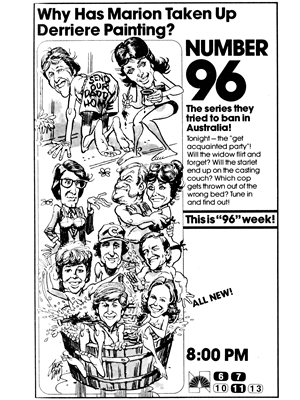
However, despite the larger-than-life storylines and award-winning producers and writers — Ellison and writer David Lloyd had won awards for their work on The Mary Tyler Moore Show — Number 96 was a spectacular bomb in the US. Viewers didn’t take to the comedic adventures of the swinging tenants of the apartment block, and the series was ripped from NBC’s schedule in January 1981 — just as TV Week was reporting on the show’s recent US debut, acknowledging that “initial reports from America on the mid-December screenings were not good. The critics didn’t like the new show. But then, the Australian Number 96 did not number too many critics among its fans”.
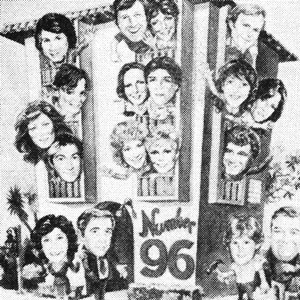
Number 96 was not to be the only hit Australian series to be re-worked for the American market. Prisoner, which scored airtime across a number of markets in the US, was re-invented as a local series titled Dangerous Women, largely recycling many of the opening characters and storylines from the Australian original. In more recent times, the top-rating comedy Kath And Kim was adapted for NBC, with less than pleasing results.
Source: TV Week, 10 January 1981. TV Guide (US), 6 December 1980.
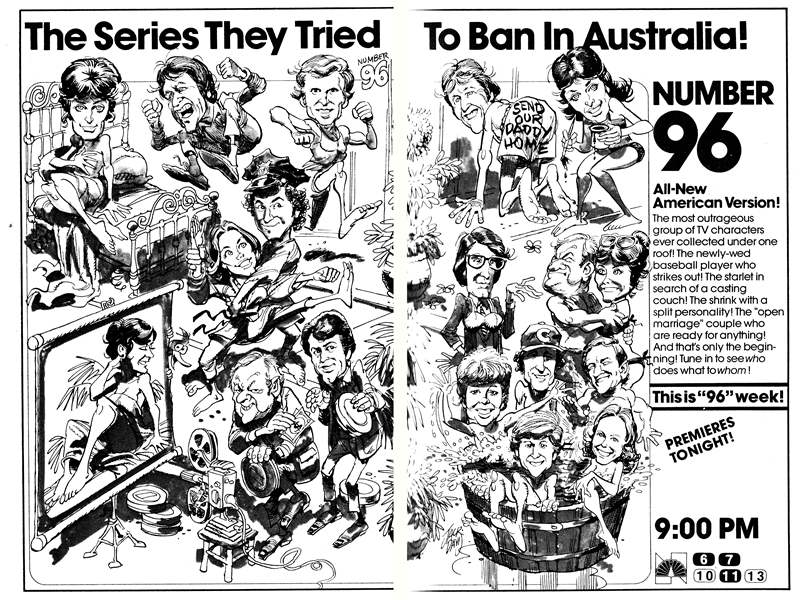
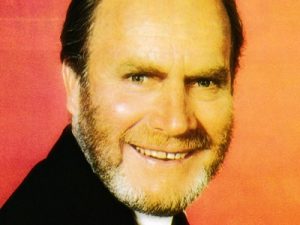
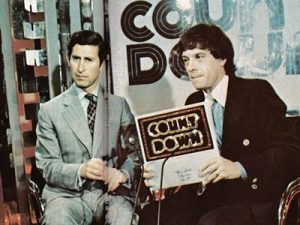
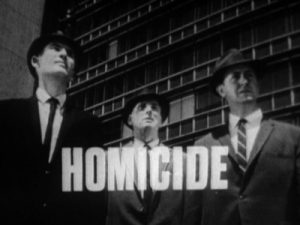
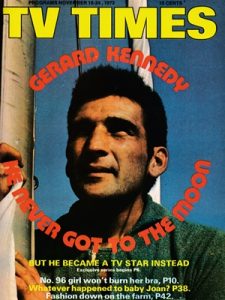
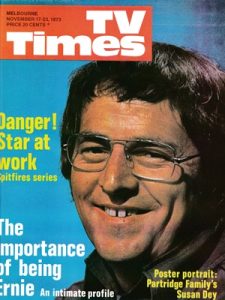
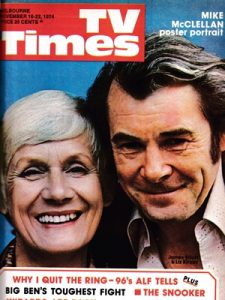
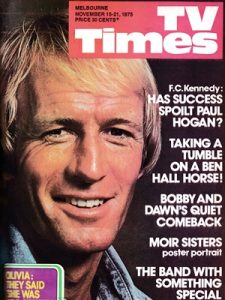
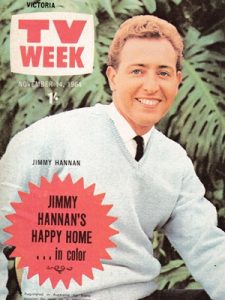
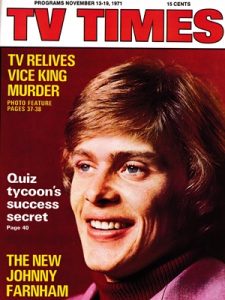
The US has a long and proud history of remaking Australian and English tv shows and killing the aspects that actually made them good tv.
The US has a long history, but certainly NOT a proud one in remaking Aussie or Brit shows and, basically, ruining them! The Yanks can only claim two hit TV shows, M.A.S.H. and Roots as standout productions, all the rest are mediocre at best, or straight-out rubbish at worst. And what we’re getting from America these days, just going by the promos, is 99.99% rubbish.
I’m not normally one to champion American television but I think it’s a bit harsh to say that in over 60 years of American television that they’ve only ever produced two bona fide hits.
The US producer’s evaluation of 1970s series Number 96 (Their show had broad jokes like we did here 15 years ago. They had very heavy characters.) seems a little disingenuous. Having recently reviewed The Mary Tyler Moore Show (1970-1977) and Soap (1977-1981), along with Number 96 (1972-1977) I would say they all occupy the same tradition of big characters and broad comedy. To say the US left that style behind 15 years before seems wrong. Anyway, by 1980, Number 96 was already eight years old itself.
The US version of Number 96 was scheduled against The Dukes of Hazzard on Friday nights by NBC.
That virtually killed it from the start.